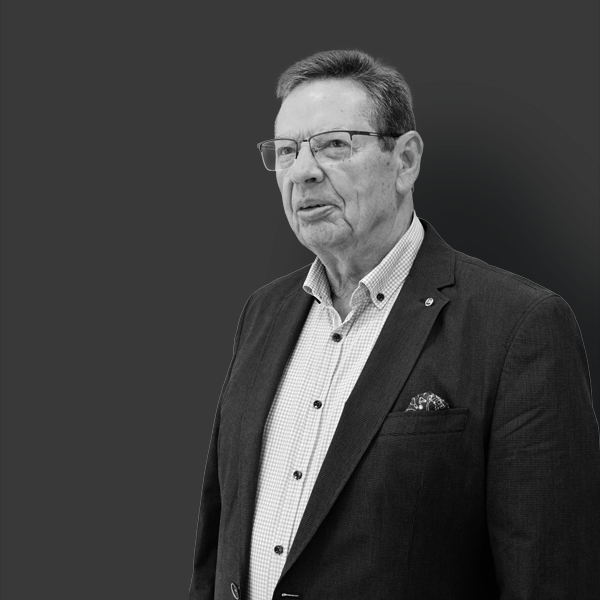Contemporary witness Lutz Röding
As town director in the divided Bleckede

born on 11.11.1941 in Neustettin
Bleckede, on the zonal border of the Republic
German audio file – Please scroll down for the English text version
Contacts between East and West
The reincorporation of the municipalities into Lower Saxony
A look back and an outlook
Bleckede, on the zonal border of the Republic
One has experienced the border situation here, of course.
I came here once when, in a history book for secondary school, the place was described as a place in decline. Of course, part of the limit was the vice that had to be carried here.
Later on, we had to lament the disappearance of the local court, which went to Lüneburg and was merged, the state forestry office disappeared and the employment office, which also had a job here, and all this led to the loss of many, many jobs. This also led to a very weak social structure.
But as I said, the loss of the function as a district town, that’s how it used to be, because the district of Bleckede crossed over the Elbe, with the Neuhaus district and the current Dahlenburg joint municipality. Of course, that was clearly noticeable here in all areas.
Contacts between East and West
Of course, we also had contacts on the other side of the Elbe in small-scale border traffic, because Bleckede was a municipality that is now united again, because we have a whole series of areas, which were always 1,200 hectares, that lie on the other side of the Elbe.
Of course, these different ownership structures also led to contacts: If the farmer over there had acreage, but also here, then the rents were paid to Bonn to a compensation bank, so that there were actually always old contacts.
We also went over there with a delegation from the council, in small border traffic, and tried to make contact there.
And our mayor, Mr Karl-Heinz Hoppe, had also undertaken many activities at that time, including private things, they also had a hospital over there, in Neuhaus, and were then well supported from here with a Dr Rintelin was head of the hospital there and later also mayor in Neuhaus.
So we tried to bring over all kinds of things from this side. From X-ray machines to all kinds of things that they didn’t have and that you could somehow do without here.
The reincorporation of the municipalities into Lower Saxony
We then considered whether to enter into partnerships with Neuhaus and all these discussions that are then held at the municipal level.
But because we very quickly had contact with the citizens of the opposite community, there was of course always a lot of talk about how it used to be and how they heard the music from the Schützenfest on the other side. And they usually still had the Lower Saxony flags sewn by themselves and always felt like Lower Saxons.
And this then led in the later course to the fact that in 1993, by state treaty, the Neuhaus office was again annexed here to Lower Saxony.
A look back and an outlook
When the first ferry with the new houses came across and tears were running everywhere, that was the most important day for me, I think, that you can ever experience in your professional life – but also as a human being.
Because it was so touching and when you knew what some of them had gone through there, then you could understand a little bit what they had actually experienced the whole time.
That is why it is important not to forget that we live in freedom here and how important it is to stand up for such things, perhaps by joining political parties or other social groups.
Because this freedom that we have must also be defended and fought for again and again.